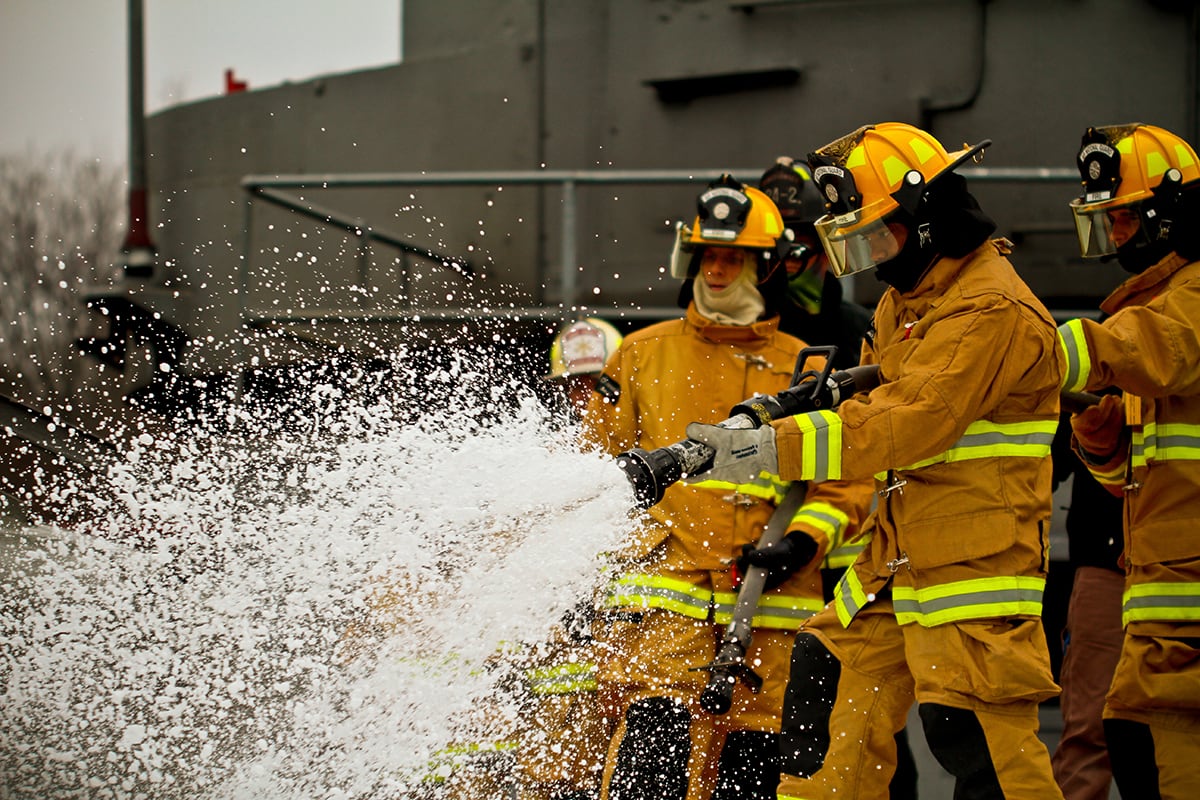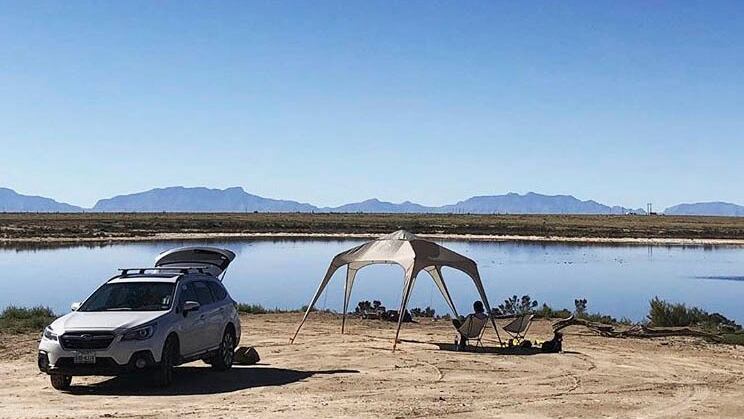ALBUQUERQUE, N.M. — Top New Mexico officials want the U.S. Air Force to immediately begin defining the boundaries of plumes of contamination at two bases in the state and provide alternate water supplies to affected residents.
Attorney General Hector Balderas and the New Mexico Environment Department on Wednesday filed a motion seeking a preliminary injunction to require regular groundwater and surface water sampling as the case proceeds.
They also want the Air Force to offer voluntary blood tests for residents who may have been exposed to the contamination as well as provide additional documentation on the extent of contamination around Cannon and Holloman air bases.
The state sued in April, saying the federal government has a responsibility to clean up toxic chemicals left behind by past military firefighting activities.
"I am extremely frustrated that the Air Force has not been responsive to protecting the health and safety of New Mexican families by addressing years of environmental pollution," Balderas said in a statement.
The contamination is linked to chemicals known as per- and polyfluoroalkyl substances, or PFAS.
RELATED

The Air Force has not commented directly on the pending litigation but has argued its response to PFAS contamination in New Mexico and elsewhere has been aggressive. Officials have said they've been working with regulators to identify and implement long-term solutions to prevent exposure.
New Mexico environmental regulators first issued a notice of violation to the Air Force in 2018 for failing to properly address the contamination at Cannon Air Force Base near Clovis. They followed earlier this year on Holloman, saying that base had violated its state permit and had yet to respond to concerns about the pollution near Alamogordo.
RELATED

Balderas in May requested that a publicly accessible lake at Holloman be closed to limit exposure after sampling indicated PFAS contamination was dozens of times higher than federal health advisory levels.
Fed by treated wastewater from the base, the lake already is off limits to swimming but camping is allowed along the shoreline.
Balderas' office said Wednesday it believed the lake was still open.
Similar contamination has been found at dozens of military sites across the nation, and growing evidence that exposure can be dangerous has prompted the EPA to consider setting a maximum level for the chemicals in drinking water nationwide. Currently only non-enforceable drinking water health advisories are in place.
Members of New Mexico's congressional delegation have argued that the contamination needs to be addressed.
A defense spending bill pending in Congress includes some provisions aimed at tackling PFAS, from funding further study on the best ways to clean up and dispose of contaminated groundwater and soils to assistance for dairies and other affected businesses.





